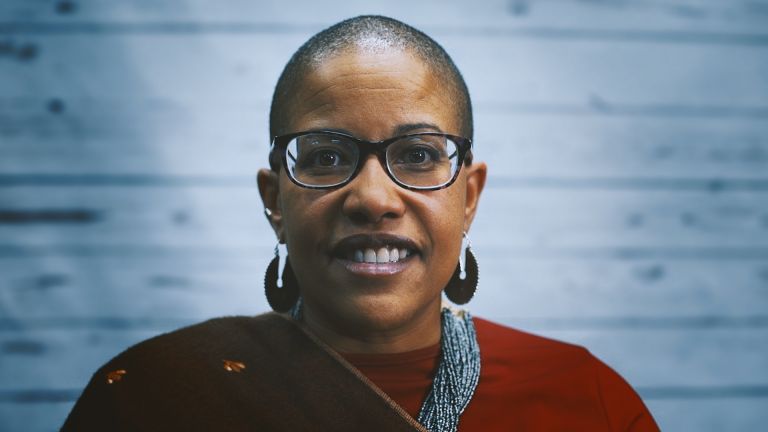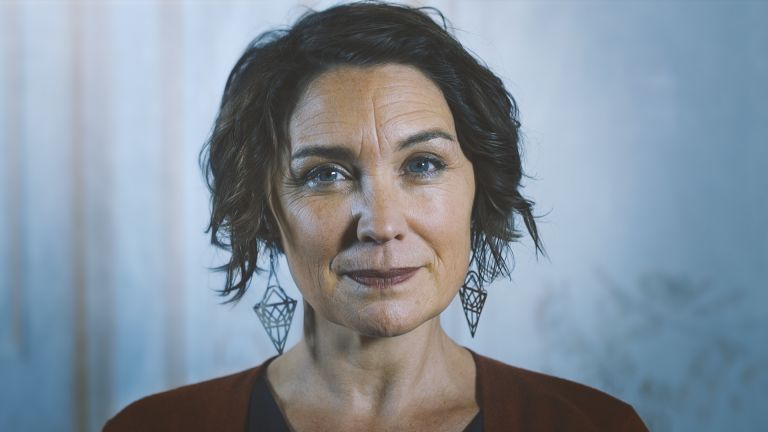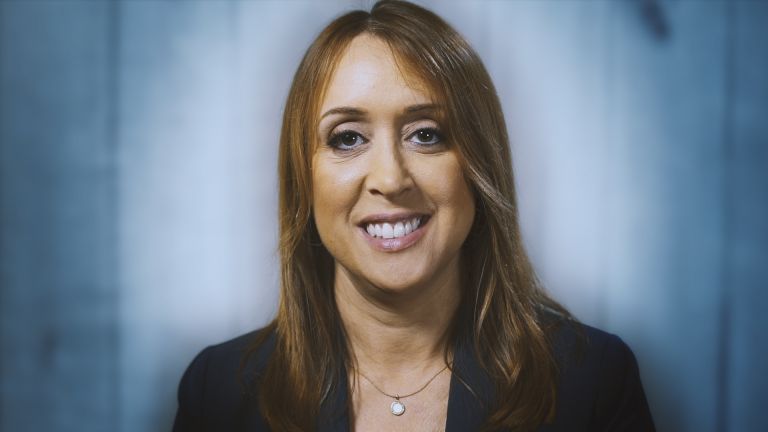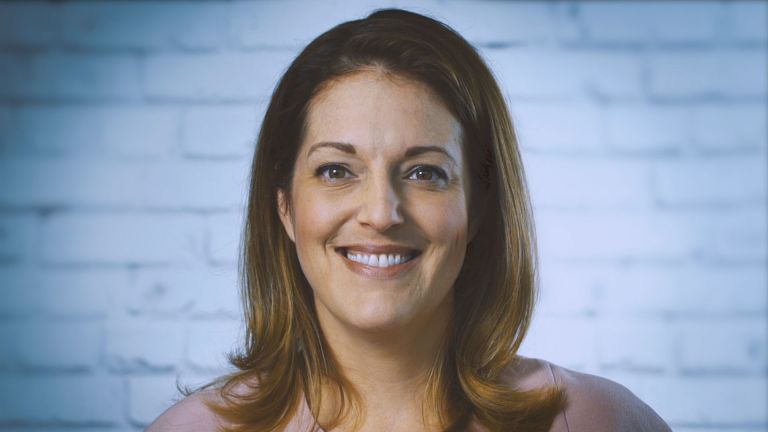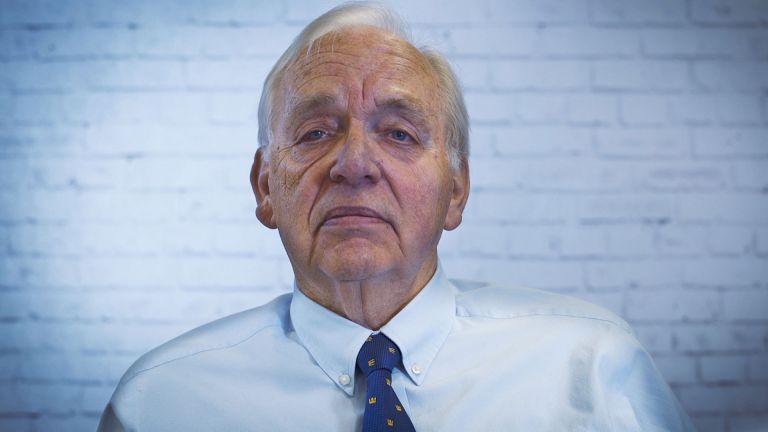Cristina Chipriano, LCSW-S
Cristina M. Chipriano is the former Director of Spanish Programs and Outreach at Bo’s Place, Bereavement Center, Houston, TX. She joined Bo’s Place in January 2015 and directs their community education and outreach to the Hispanic/Latino community and oversees their Spanish-language programs. Cristina has a B.S. in Human Development and Family Science from the University of Texas at Austin and an M.S.W. from the University of Houston Graduate College of Social Work.
Grief is like the ocean, right? And, so, in the beginning, the waves are crashing over and over and over again, and it’s ... the- the bereaved themselves are just trying to gasp for air. And as time kinda goes on, the waves settle, but the waves are still coming. The waves are still coming, they’re just not as frequent as it was in the beginning.
And then, there comes a point in their journey where you can start anticipating when the next grief wave is gonna come. So, you know w- ... to hold your breath. You know that this, too, will pass, and that it’s gonna be some more time between that wave, um, and the next one. So, I use that analogy quite a bit with families in trying to explain to them what, um ... how the intensity of what they’re feeling, it’s still gonna be there. The waves still ... the waves still hurt to be crashed over, ... but the frequency between the waves, kind of spares out with time.
There are no two people who will live the same grief journey. Um, there are multiple different factors that impact what that journey’s going to look like. ... let’s say the same person in their life has died. Let’s say, for example, it was the death of a mother, right? And, so, myself and someone else has experienced the death of a mother. The idea that we both will experience the same journey is false, because we both had a unique relationship to our moms, right? But we also have our own personalities, and we bring in our own loss history, we bring in our own coping skills, we bring in our own lives to our journey. And, so, all of that impacts the journey, itself.
Now, within a family, when you have, like, say, they experienced the death of a child, right? Every person in that family’s gonna experience a very different type of journey. ’Cause you have mom, and mom’s relationship to that child is unique to that parent. And then, the other parent, you have that unique relationship to the child. And then, if the child had siblings, right? The sibling relationship is really different than a parental relationship. Then, no two people are alike, But there is an ability to feel validated in your experience, to be able to say, “I, too, have felt angry. I, too, have felt sad. I, too, feel numbed.” Um, and that ability to validate and normalize the experience for somebody else gives just the reassurance that, “Oh- okay, I’m not the only one.”
Let’s say it’s a sole parent who’s experienced the death of their co-parent, and they have a child to raise now, right? So, it’s, who’s gonna take the child to school? Who is going to now do the chores that the other person was responsible for? So, who’s gonna either cut the grass or pay the landscapers? Who’s gonna pick up dinner? Who’s gonna ... going to pack lunches? Those small routines to the really big ones, like, can I still afford this house, right? I don’t believe we understand, um, the ramifications of what that means. You have to also understand that the person’s also grieving, right? They’re also in this state of shock, and fear, and sadness, and anger. So, you’re expecting people to make really life-altering decisions, sometimes, in the state of just chaos.
In regards to offering support and how to hold space for somebody and not bring in our own history, our own “baggage,” um, I’m reminded of something that I learned when I was in graduate school, an acronym, WAIT. “Why am I talking?”
So, am I talking and am I sharing because I feel that this person nee- like, needs that validation and needs that support and that normalization? Or am I talking or sharing because I am uncomfortable with what’s being shared and feel that I need to fill the space? Um, there’s comfort, um, and growth in silence and just being able to sit with someone without having to use our words.
“I’ve heard many people say, ‘I don't wanna make the bereaved even more sad than they are by reminding them of the person’s name.’ I one-hundred-percent guarantee they’re gonna be sad whether or not you say the person’s name. People aren’t gonna make the bereaved sadder. On the contrary, there’s the feeling of, ‘Wow, my person’s being remembered by somebody else.’”Christina Chipriano
